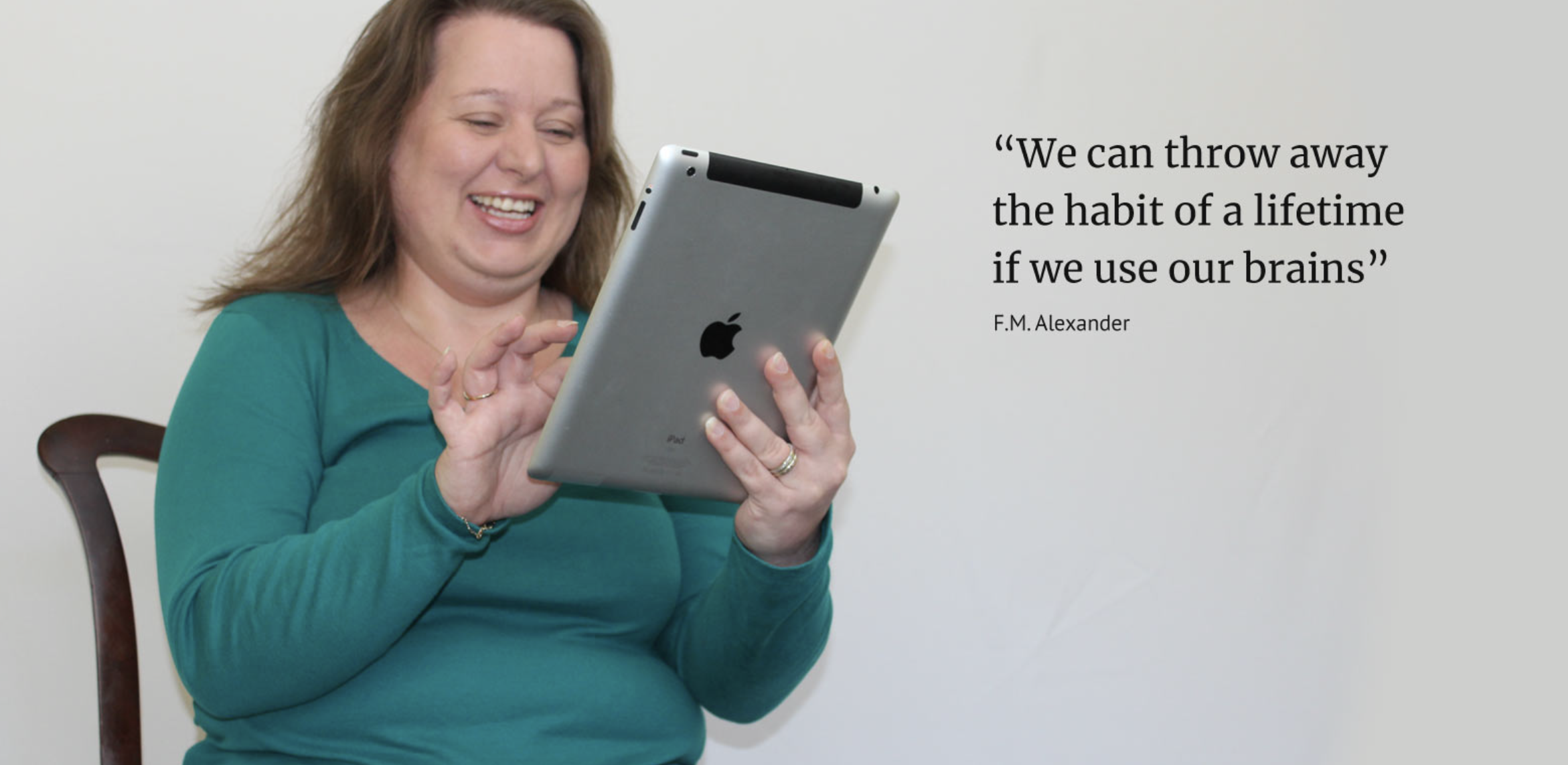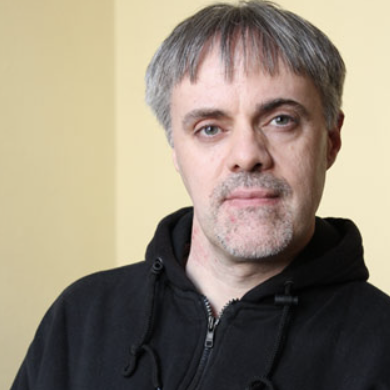Free Consultation
Alexander Technique
For Health
For Performance
About Us
How We Work
Who was Alexander?
Contact & Costs
FAQ’s
For Health

Many people come for Alexander Technique lessons for help with specific problems such as poor posture, back or neck pain, breathing difficulties, osteoarthritis, osteoporosis and Parkinson’s (Alexander Technique is now officially recommended by NICE for people with Parkinson’s).
The BMJ has published research evidence for the effectiveness of the Alexander Technique with back pain. There is similar evidence for its efficacy with neck pain.
Prevention
Well Being, Happiness and General Functioning
Psychological Benefits
Case Study
The Alexander Technique has given me my life back says Colin
I have been a regular student of the Alexander Technique (AT) since August 2002. My background is in electronic engineering in which I served an apprenticeship before going on to gain an honours degree. My interests were wide and varied and included playing guitar and sound engineering, restoring classic cars and motorsport, as well as participating in various sports.
In 1994, I was involved in a car accident in which I suffered a brain trauma, which left me with a neurological condition, dystonia resulting in my neck muscles being in constant spasm. The resulting chronic severe pain saw me more or less abandoning all my interests in an attempt to cope with my condition.
My condition had left me with a very distorted frame which years of orthodox and complementary treatments hadn’t been able to help. I came to the AT as the result of a good friend’s recommendation, who was already studying the AT. Initially I was very sceptical of the AT, associating it with ‘good posture’. Fortunately, from my very first introductory lesson, Richard emphasised that the AT involved in ‘thinking in an activity’ and was a discipline to be learned and lived.
He told me that we are designed to move and not be static, to be free in our movement, however good or bad our posture may be, and that the AT could help the manner in which I was reacting not only to my predicament but to life’s vicissitudes in general.
Although this is a bold claim, I stand by my conviction that the AT has in large given me my life back. Over the years I have started re-engaging in some of my interests and I have changed my relationship to and the manner in which I engage in my interests, old and new alike. I have recently qualified as an Alexander Technique teacher and hope to teach and help others, in the not too distant future.
Although the AT has not cured my condition nor totally alleviated my pain, it has helped me realise that I still have choices in my life and that I still have a meaningful and fruitful life to live, if I choose. From my experience, the AT can help bring constructive change in the direction of your choosing and has helped me to improve the efficacy and effectiveness of my performance and the way I conduct myself in ever increasing areas of my life, helping me realise more of my potential: long may it continue!
Colin
Conditions where the Alexander Technique has proved useful
Back and neck pain
Osteoarthritis
Tension Headaches Migraines
Prevension of backache during pregnancy
Stress
Osteoporosis
TMJ
Recovery from major trauma such as stroke, accidents or operations,
Repetitive Srain Injury
Breathing Disorders e.g. Asthma
Parkinsons
ME

Free Consultation
Whether you want to improve your performance or are looking for help with a particular problem, you can call us on 0131 225 4596 or email us

Counselling Conversations
Edinburgh-based Counselling and Psychotherapy to help people face the difficulties of their lives.

